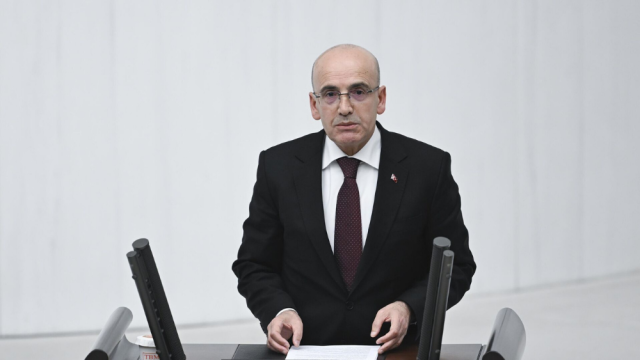Legal Regulation On Crypto Assets Reaches Final Stage
- Posted on January 10, 2024 7:40 PM
- Cryipto News
- 700 Views
Mehmet Şimşek, the Minister of Treasury and Finance, stated that the legal regulation process regarding cryptocurrencies has finally reached its last stage, emphasizing that the main purpose of crypto asset regulation is to make this sector safer and prevent potential risks.

The Minister of Treasury and Finance, Mehmet Şimşek, clarified some aspects of Turkey's cryptocurrency regulations. The government aims to license trading platforms and comply with FATF standards by legally defining critical concepts in the crypto space.
In a statement to Anadolu Agency on January 10, Minister Şimşek confirmed that the regulatory plans for the cryptocurrency market are currently in the final stage, with the technical aspects of implementation being evaluated.
The government emphasized its intention to reduce the risks of crypto trading for investors in line with international standards: "Similar to international practices, we are taking steps to reduce the risks of parties trading with crypto assets in our country. This will also allow us to get off the gray list."
With the new regulation, crypto platforms will be required to obtain a license from the Capital Markets Board (SPK). Legal definitions will be established for "crypto assets," "crypto wallets," "crypto asset service providers," "crypto asset custody services," and "crypto asset trading platforms." Şimşek defined crypto assets as follows: "Intangible assets that can be electronically created and stored using distributed ledger technology or similar technology, distributed over digital networks, expressing value or rights."
Şimşek also added that the regulations do not include a tax plan specifically targeting virtual assets.
Turkish authorities have been planning to introduce regulations related to licensing and taxation to remove the country from the FATF "gray list." According to blockchain analysis firm Chainalysis, Turkey ranked fourth between July 2022 and June 2023 in terms of raw transaction volumes, with approximately $170 billion in activity, just behind the United States, India, and the United Kingdom.

